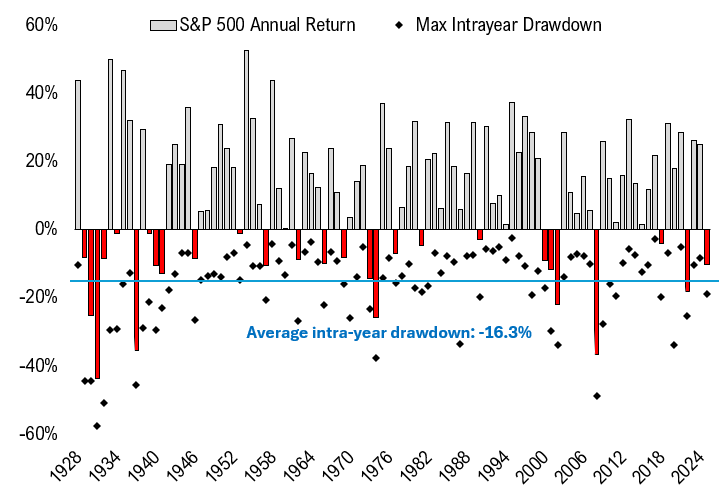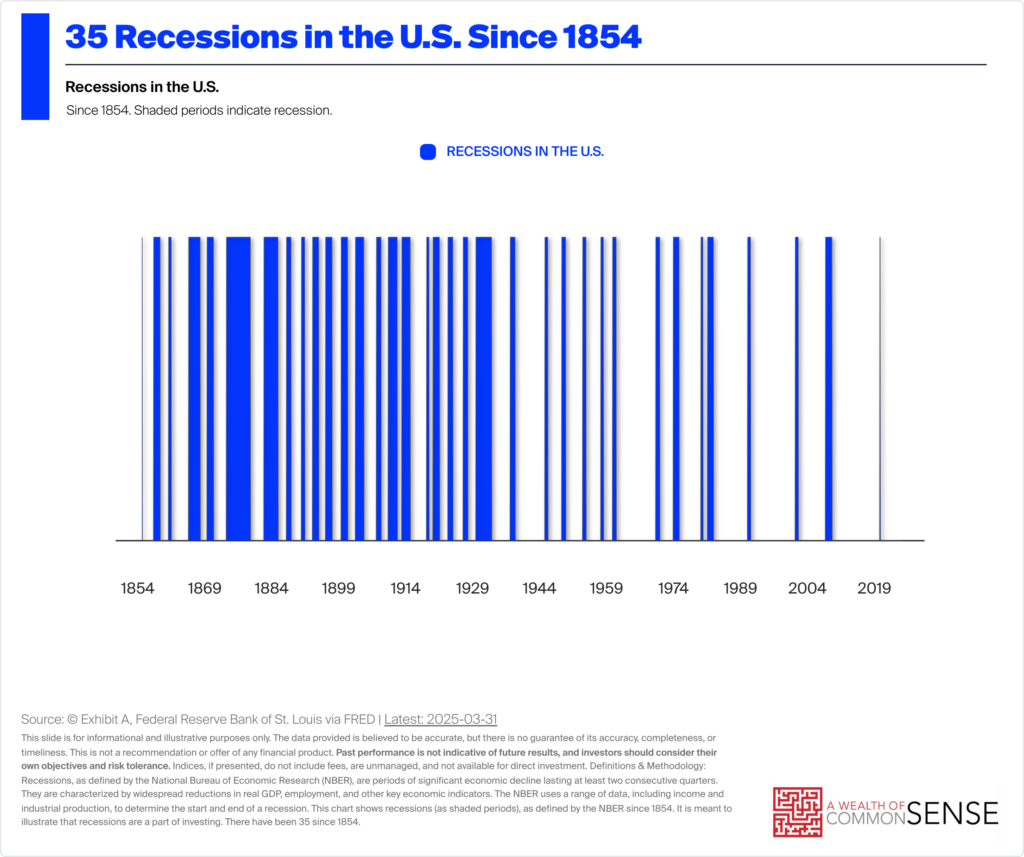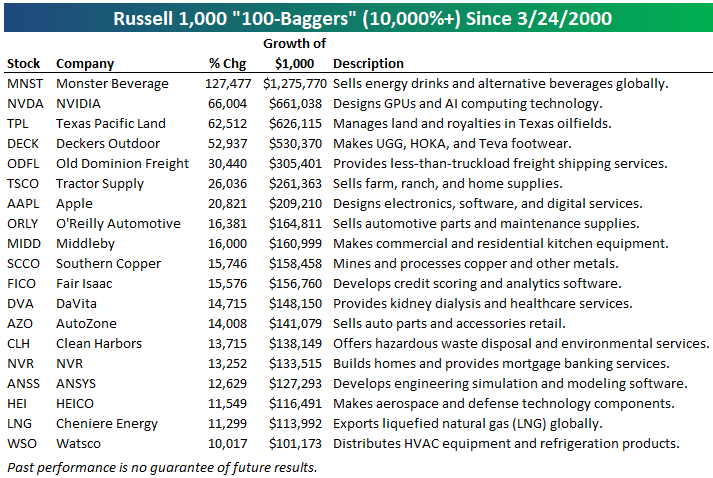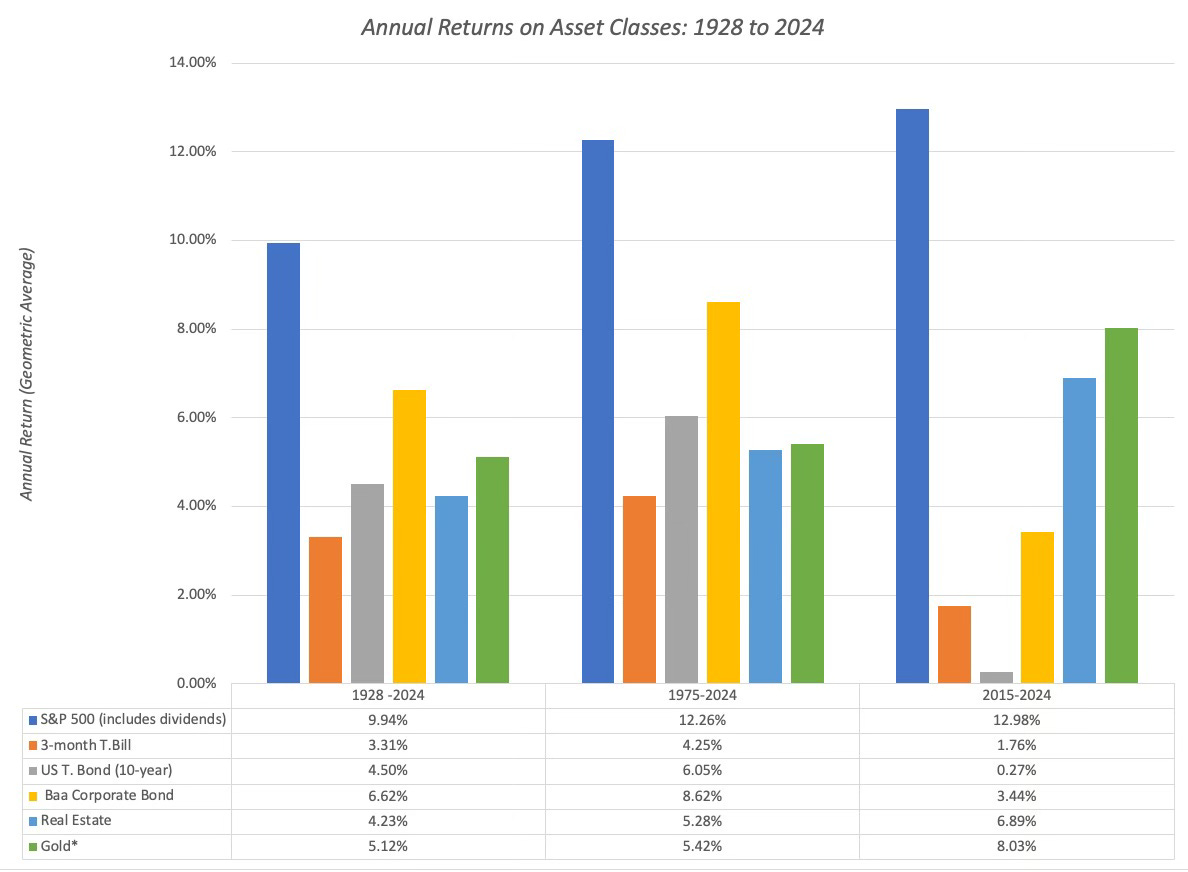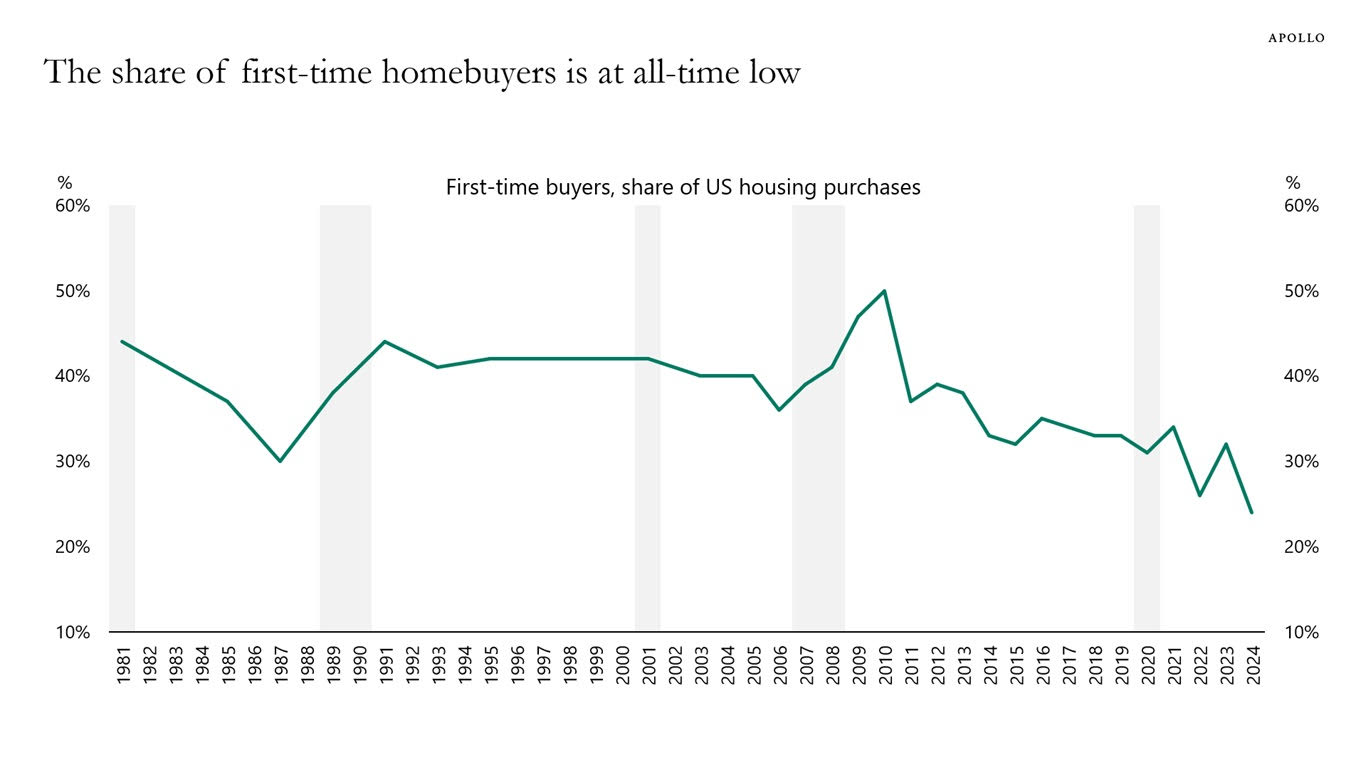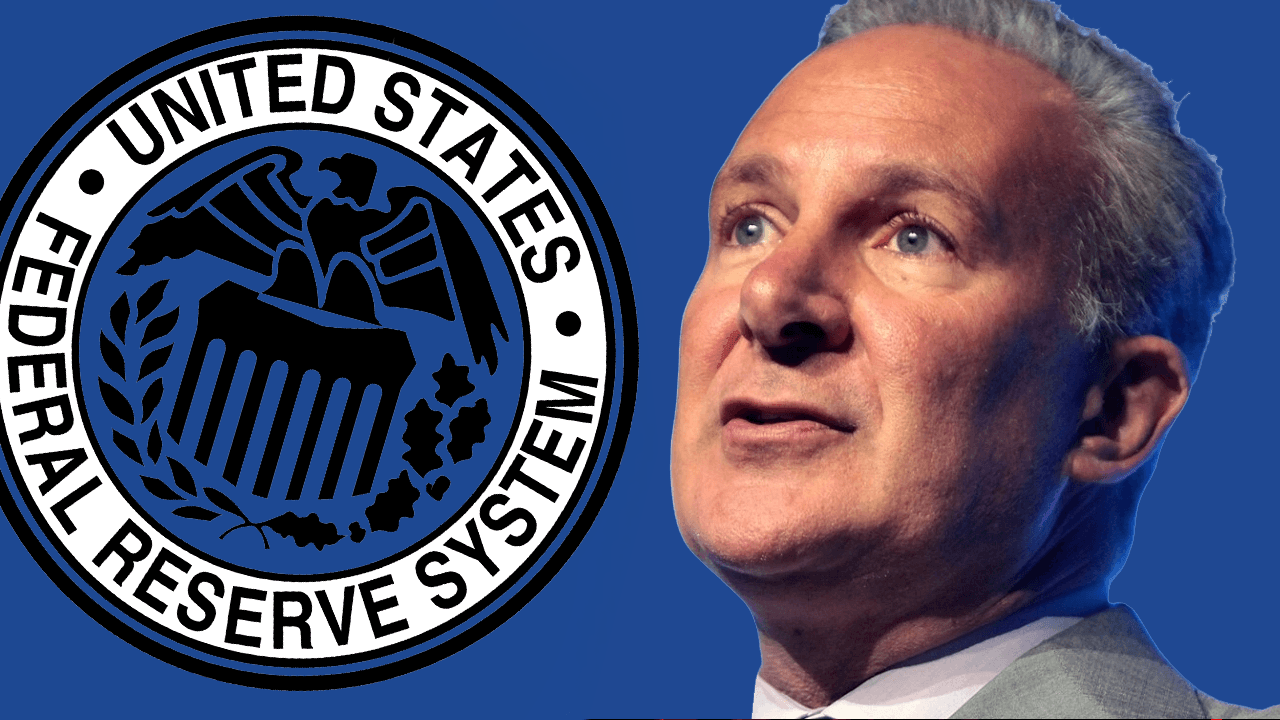3 Money Questions That Can Make or Break Your Next 20 Years
One of the most important things anyone can do pre-retirement is to start thinking through what needs to happen every year to stop working and still be comfortable. While you might think any questions related to this idea will be easy to answer, the opposite is true, as it’s much harder to make a plan […] The post 3 Money Questions That Can Make or Break Your Next 20 Years appeared first on 24/7 Wall St..

One of the most important things anyone can do pre-retirement is to start thinking through what needs to happen every year to stop working and still be comfortable. While you might think any questions related to this idea will be easy to answer, the opposite is true, as it’s much harder to make a plan than to talk about a plan.
Considering how to retire in 20 years is a great feeling, but careful planning is required.
There is no question that without careful planning, you could end up retiring with less money than you need.
If you can set aside money for emergency planning, you should do so.
Are you ahead, or behind on retirement? SmartAsset’s free tool can match you with a financial advisor in minutes to help you answer that today. Each advisor has been carefully vetted, and must act in your best interests. Don’t waste another minute; get started by clicking here.(Sponsor)
Key Points
When you consider three questions that can make or break your next 20 years, not everyone will have either A) any answers or B) the correct answers for themselves. Thankfully, you can figure out what to do and start immediately if you have around 20 years left before retirement.
Do I Have A Strategy to Manage Taxes In Retirement?
The first question most people need to ask that can make or break their next 20 years is how taxes will be handled while retired. Between IRAs, 401(k), annuities, pension plans, Social Security, and more, retirement taxes will likely be more complicated than you had to go through while working full-time.
Understanding Tax Implications
Understanding tax implications both before and after retirement will be essential. As noted earlier, how retirement income works between 401(k) accounts, IRAs, and Social Security alone has separate tax implications. Taking a strategic approach, such as spreading out withdrawals, can help minimize your overall tax burden after retirement.
In addition, understanding Required Minimum Distributions, or RMDs, which begin at age 73, is also something to consider. You must take these withdrawals to figure out how to account for taxes alongside Medicare premiums and Social Security, of which up to 85% of your PIA (Social Security benefits) can be taxed depending on your income level.
Lastly, you have to factor in where you live and whether or not you will have to pay state income taxes. For example, if you live in Florida, it’s much less of a concern than for anyone living in California, a state known for heavily taxing pensions. Understanding local laws is something to consider as part of any tax strategy as to how it might reduce your overall net income.
Time Your Withdrawals
A potential recommendation is to work with a fiduciary financial planner and create a plan that allows you to strategically withdraw money from your taxable accounts first to extend your tax-deferred growth, which is a smart idea. If you don’t sequence your withdrawals properly, you can and likely will pay far more in early tax bills, especially right after you retire, which could significantly reduce your savings.
Consider partial Roth conversions if you have a low-income year, which could be likely during early retirement before Social Security withdrawals hit. By converting these accounts, you can reduce any future tax burdens, even if it’s just small amounts of money you are converting, which can help make your taxes a little more manageable every year.
Is My Estate Plan Up To Date?
Before you retire, one question you should ask yourself, whether it’s 10 or 20 years out, is whether your estate plan is current. Having an outdated plan can undoubtedly cause significant headaches for your family and, in the worst-case scenario, your health.
Major Life Changes
Among the most important reasons to look at your estate plan is to account for any instance in which you have had a major life change. Have you recently gotten married, divorced, adopted, had a child, or had a falling out with someone in your current estate plan? The answers to these questions, and even one that involves your wealth increasing significantly, are reasons to make an estate plan update.
Outdated Plan
Building on the idea of major life changes, you want to review your plan every 3-5 years, regardless. This will include making necessary beneficiary changes, including an example of someone you may wish to receive, money like a grandchild, finally turning 18. In addition, you want to ensure that your assets are not subject to probate, which could require at least 12 months from your death before anyone close to you receives any money.
Most importantly, you want to make sure that any distributions you have in your estate plan provide protections against asset, divorce, and lawsuit protection. This could mean that if one of your children receives money only to end up in a divorce, this money is protected against being split as a 50/50 asset.
Estate Tax Exemptions
Suppose you are fortunate enough to have over $13.99 million that you want to leave to your family one day. In that case, you want to ensure that your estate plan is set up to leverage all available exemptions from the government and IRS. If your plan is outdated, your family could wind up with a much larger tax bill than necessary, so you want to work with an attorney to optimize your tax strategies.
Have I Factored In Potential Social Security Claiming Strategies?
One of the most important questions you can consider while planning your retirement is when you might want to start receiving benefits from the Social Security Administration.
Optimizing Your Benefits
Depending on when you claim Social Security, the amount you receive can change dramatically. For those who want to start taking withdrawals at age 62, the very first year you can receive benefits, you will receive a reduced benefit distribution by 30%. This means that if you were to be set to receive $1,000 at full retirement age or 67 but take benefits at 62, you would only receive $700 instead.
At age 67, you receive 100% of your benefits, so if you can wait, this is the most opportune age to consider receiving Social Security benefits. However, suppose you are fortunate enough to have other income sources and can wait until you are 70, the final year you can request benefits. In that case, you can receive up to 130% of your benefit amount, a significant increase in funds from age 62.
The same can be said if you are a spouse of a deceased individual who is set to receive Social Security and up to 50% of the higher earner’s benefits. This increase between 62 and 70 means you get 50% more money, so the age at which you look to receive benefits is a big decision.
You also have to consider that the 2.5% increase in the cost-of-living benefit for Social Security only helps so much. As this program was only designed to replace 40% of income at the most, you have to consider if you have enough money to help supplement rising costs due to inflation, which is another reason to delay Social Security as long as possible to maximize your benefit amount.
Social Security Taxes
Regardless of the age you take Social Security benefits, you must consider withdrawal timing and the tax implications. If you draw from an IRA early on, you could delay your Social Security taxes. On the other hand, if you don’t have the right strategy in place, you could wind up being pushed into another tax bracket, thereby limiting your net income every month.
This is especially important when you consider that Medicare premiums are dependent on taxable income. So, if your income exceeds $103,000 in 2025, with Social Security playing a role, it could make a big difference in what you pay long term for Medicare.
The post 3 Money Questions That Can Make or Break Your Next 20 Years appeared first on 24/7 Wall St..
























































